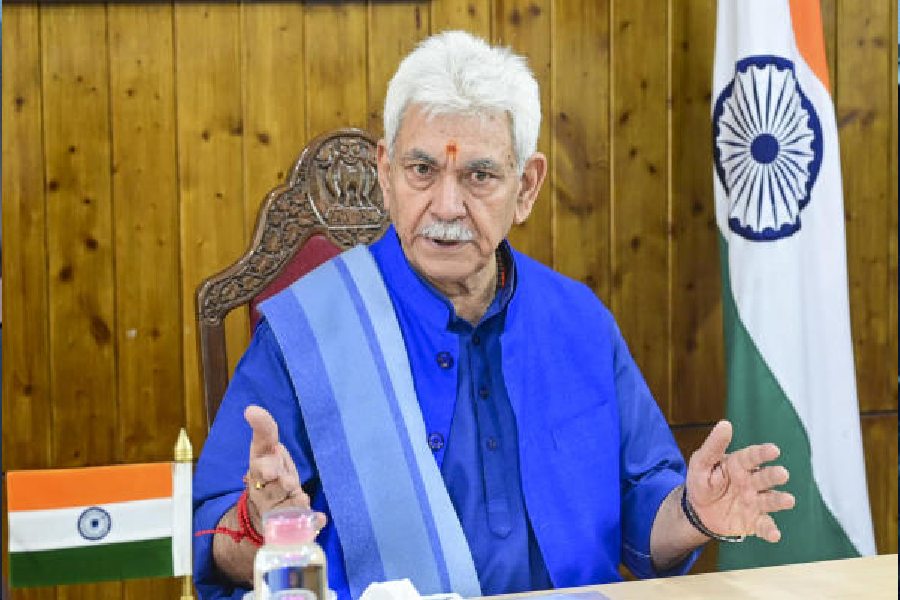Concerns are mounting over potential textbook shortages for the 2025-26 academic year as the National Council of Educational Research and Training (NCERT) has slashed the number of empanelled printers from 120 to just 15.
The reduction comes amid an anticipated tripling of textbook requirements because of the introduction of new educational materials. Schools affiliated to the Central Board of Secondary Education (CBSE) follow NCERT books without any change.
About 120 empanelled printers have been printing the textbooks to meet the requirement of five crore books. However, the requirement is set to increase threefold in 2025-26 because the council intends to introduce new books.
An official with the education ministry said several empanelled printers were using old printing machines which were unable to print quality books. A year ago, the NCERT started a fresh empanelment process to weed out such printers.
“To improve the quality of printing, the NCERT decided to allow printers which had machines manufactured after 2000,” the official said.
In the process, 100 printers applied and 29 were rejected because of incomplete documents. The NCERT asked consultancy firm RITES to carry out a physical verification of the printers to find out whether they had advanced machines. After the verification, 15 printers have been selected, the official said.
Some of the printers had moved Delhi High Court against the new criteria but got no relief. The NCERT will introduce new books in Classes IV, V, VII and VIII in 2025-26. It brought in new books for Classes I and II in 2022-23 and for Classes III and VI in 2024-25. The NCERT has produced about five crore new textbooks every year as many students often borrow from seniors. With the new curriculum, the ministry estimates that around 15 crore new books will be necessary in 2025-26.
Shiv Kumar, a printer from Greater Noida and a member of the NCERT Printers Association, expressed scepticism about the council’s strategy. He said that if 120 printers struggled to produce five crore books, it would be unrealistic to expect 15 printers to manage the increased demand.
“We are unable to figure out the strategy of the NCERT. When 120 printers were failing to print five crore books, the NCERT has now reduced the empanelled printers to 15 for printing threefold books. It looks impossible. Students will not get books on time,” Kumar said.
He said the association had raised the issue of probable shortage of books but the council did not pay heed to it.
It is estimated that the 15 selected printers can collectively produce about 50 lakh books each month. This means children in most parts of the country will not get books at the beginning of the session starting April 2025.
The ministry official stated that the NCERT would evaluate the printing capacities of these printers based on bank guarantees, which serve as financial assurance in case of material losses.
Another printer, who requested anonymity, criticised the timing of the NCERT’s decision, arguing that capacity assessments should have occurred before reducing the printers. “If the NCERT finds that these 15 printers will not be able to print the required books, what will they do now? This means they did not plan properly before slashing the printers,” he said.
An email has been sent to NCERT director Dinesh Prasad Saklani for his perspective on the concerns expressed by printers about a possible shortage of books in 2025-26. An official in his office said NCERT secretary Aman Sharma would respond. Calls were made twice to Sharma’s office, but a staff member said he was in a meeting with the director.










